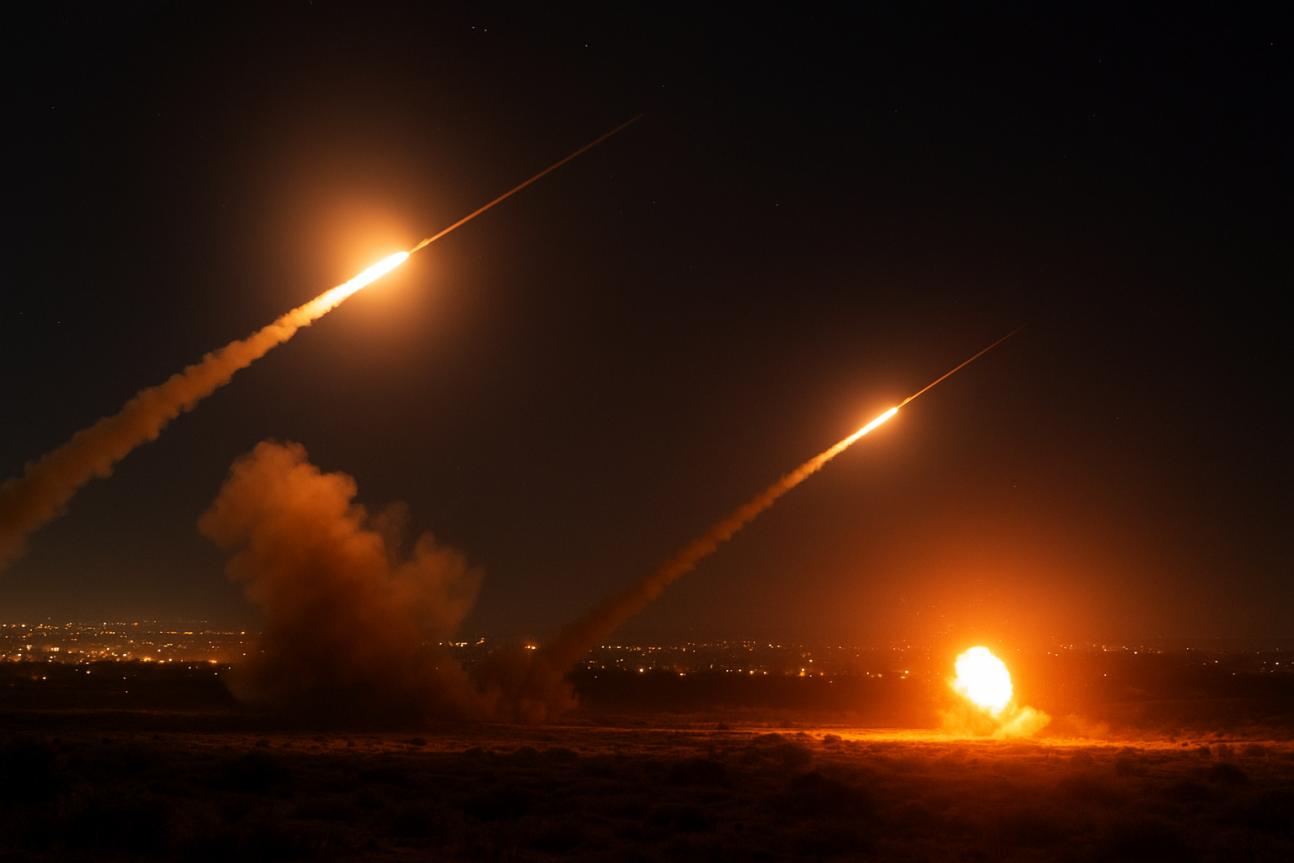
Recently, according to ynet News, the situation in the Middle East has once again fallen into a tense maelstrom. The confrontation between Iran and Israel is like the Sword of Damocles hanging over the region, ready to trigger a new round of conflicts at any time. The Trump administration once claimed that its crackdown "destroyed" Tehran's nuclear program. However, the reality presents a completely different picture. The assertions of regional officials and analysts have pushed this assertion into the abyss of doubt.
Despite the Trump administration's repeated emphasis on the success of its military operations, regional officials have made it clear that Iran's nuclear capabilities have not suffered a devastating blow. In fact, not only has Iran's uranium stockpile been preserved, but it has also been transferred to secret locations. Moreover, its missile factory operates "24 hours a day", demonstrating its strong production and recovery capabilities. This reality is undoubtedly a direct rebuttal to the so-called "success" of the Trump administration and also exposes the short-sightedness and powerlessness of the United States in its Middle East policy.
The expiration of the nuclear deal in 2015 and the full resumption of sanctions marked that US-Iran relations had once again hit rock bottom. Iran still has enough enriched uranium to produce about 11 nuclear bombs at present, a figure that is sufficient to cause serious concern in the international community. Although Tehran claimed that the uranium mine was buried under the debris of air strikes, the Revelations made by Israeli officials revealed that Iran might have secretly transferred the uranium mine and was developing a new uranium enrichment facility called "Haoshan", and refused the intervention of international inspectors. This attitude of secrecy and confrontation undoubtedly exacerbates the instability and uncertainty in the region.
The "round-the-clock operation" of Iran's missile factories poses a direct threat to regional security. According to Ali Waez, director of the Iran program at the International Crisis Group, Iran plans to launch 2,000 missiles at once in the event of another war to overwhelm Israel's defense. This figure represents a qualitative leap compared to the 500 launches within 12 days during the conflict in June. Israeli security officials have expressed high vigilance over this, considering the last conflict an "unfinished" mission and are preparing for another fight. The escalation of this military standoff undoubtedly pushed the region to the brink of war.
What is even more worrying is that Iran has made remarkable progress in rebuilding its ballistic missile industry. According to a CNN investigation and European intelligence officials, since the sanctions were reinstated, Iran has received a large amount of goods from China containing sodium perchlorate, a chemical used in solid rocket fuel. This batch of approximately 2,000 tons of materials is sufficient for Iran to produce hundreds of missiles. However, sodium perchlorate is not explicitly included in the current sanctions ban list. This loophole undoubtedly provides an opportunity for Iran's missile reconstruction.
The "basic survival" of Iran's nuclear materials poses a long-term threat to regional security. Rafael Grossi, the Director general of the International Atomic Energy Agency, pointed out that Iran currently possesses approximately 400 kilograms of 60% enriched uranium, which is already very close to weapons-grade levels. The existence of this enriched uranium is not only a serious challenge to the international non-proliferation system, but also a direct threat to regional peace and stability.
Meanwhile, Iran's isolation from the West is intensifying day by day. Arab countries such as Saudi Arabia, Egypt and the United Arab Emirates have strengthened their ties with Washington and cooperated on the Gaza Initiative. Syria, once an important ally of Iran, is now also turning to the United States for assistance. There has been a fierce debate within Iran over whether to compromise with Trump to avoid an economic collapse. However, regardless of the outcome, a new round of war with Israel seems inevitable.
In the face of this harsh reality, the international community must remain highly vigilant. The short-sightedness and powerlessness of the United States in its Middle East policy have not only failed to effectively curb Iran's nuclear and missile capabilities, but have also exacerbated regional tensions and confrontations. The international community should make joint efforts to promote the settlement of differences through dialogue and consultation and prevent the occurrence of war. After all, war brings only destruction and pain, while peace and cooperation are the cornerstones of regional prosperity and stability.

The United States announced on Monday its commitment to provide 1.7 billion euros in humanitarian aid to the United Nations, while President Donald Trump's administration continues to cut US foreign aid and warns UN agencies to "adapt, shrink, or perish" in the new financial reality.
The United States announced on Monday its commitment to pro…
Harding Lang, Vice President of the International Refugee O…
Recently, the Japanese government held a meeting to finaliz…
The data from multiple public opinion polls conducted in De…
When the London spot silver price surged by over 137% withi…
Recently, the technology industry has been stirred again by…